Mystery illness kills nearly 100 in South Sudan, WHO deploys task force
A mystery illness has claimed nearly 100 lives in South Sudan in the past few weeks, prompting the World Health Organization (WHO) to deploy a rapid response team to the region.
According to the South Sudanese Ministry of Health, an “unidentified disease” has killed many people in Fangak, in Jonglei State. The area was recently hit by flooding, which has affected thousands of people.
A special task force from the WHO has been dispatched to the epicenter of the health crisis to collect samples from sick people. A local health official said initial samples collected in the area returned negative test results for cholera.
“We decided to send a rapid response team to go and do a risk assessment and investigation; that is when they will be able to collect samples from the sick people. But, provisionally, the figure that we got was that there were 89 deaths,” WHO’s Sheila Baya told media.
Baya added that the Fangak area was not reachable by land due to flooding, and the team was waiting for a helicopter to return them to the capital, Juba, on Wednesday.
Humanitarian agency Concern Worldwide described the flooding as the worst in 60 years, and it estimates that over 835,000 people have been affected.
Fangak, one of the worst affected of the 31 counties devastated by the floods, continues to lose ground to rising waters. But the communities displaced along the banks of the White Nile River have nowhere to go to escape the high waters.
In the bordering state of Unity, severe floods have increased the spread of diseases such as Malaria and caused malnutrition in children due to food shortages, according to Lam Tungwar Kueigwong, the state’s minister of land, housing and public utilities. He said that oil from the fields in the region had contaminated the water, leading to the death of domestic animals.
Flooding has caused severe hardship in the affected communities. Thousands of people have been displaced from their homes and moved to higher ground, with many sheltering in churches, schools, and public spaces. Floods have also severely impacted livelihoods as well as food production, destroying farmland, crops, and livestock.
Most basic services such as health and education are provided by the United Nations agencies and aid groups, and almost all the population depends on international food aid.
Nearly a decade after South Sudan gained independence following a war, it faces the threat of conflict, climate change, and COVID-19, the outgoing head of the UN mission in the country said in March.
Iranian Army vows revenge after 'cowardly attack' by US Navy on Frigate Dena
Iran carries out 20th wave of Op. True Promise 4 against Zionist entity, US bases
Araghchi to Trump: Plan A of military victory failed, Plan B will be 'bigger failure'
USS Abraham Lincoln flees after precision strike by IRGC drones in Sea of Oman
Yemen signals readiness for unified front with Iran against US-Israeli war coalition
Iran’s Army and IRGC destroy seven more Hermes, MQ-9 drones in retaliatory ops
'Iran no place for Hell dwellers': Iran’s security chief warns against ground offensive
Unpacking glaring contradictions in US-Zionist justifications for war against Iran


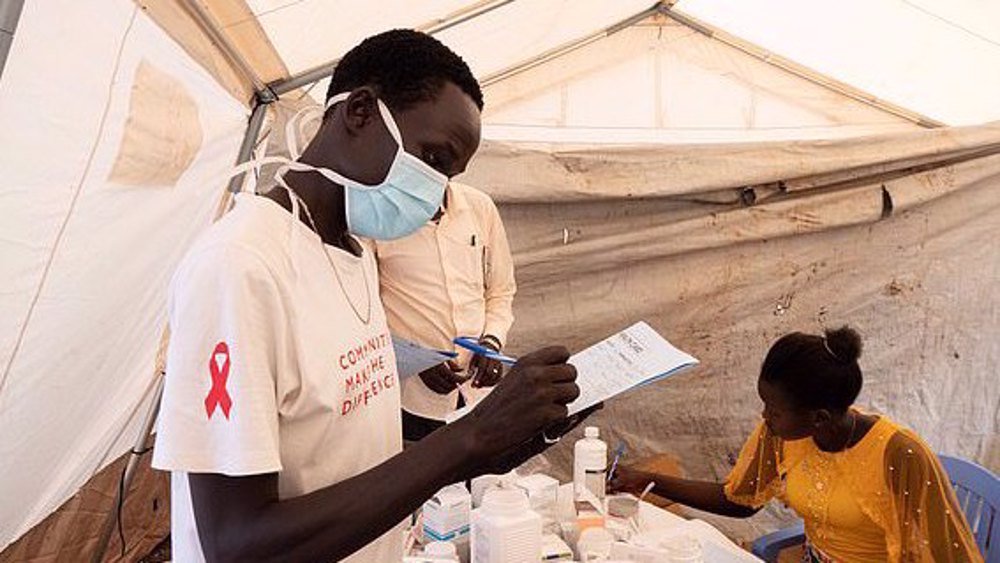
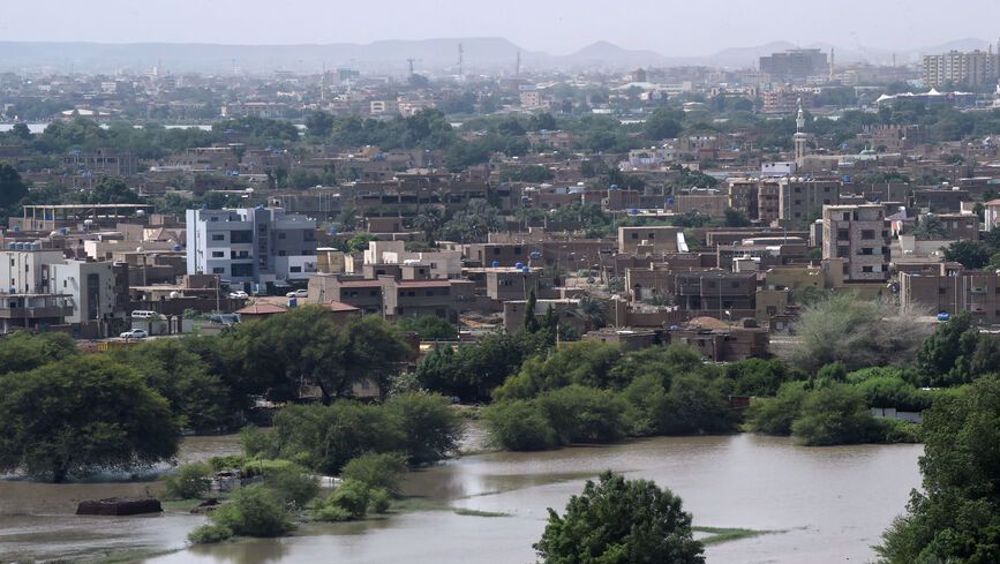
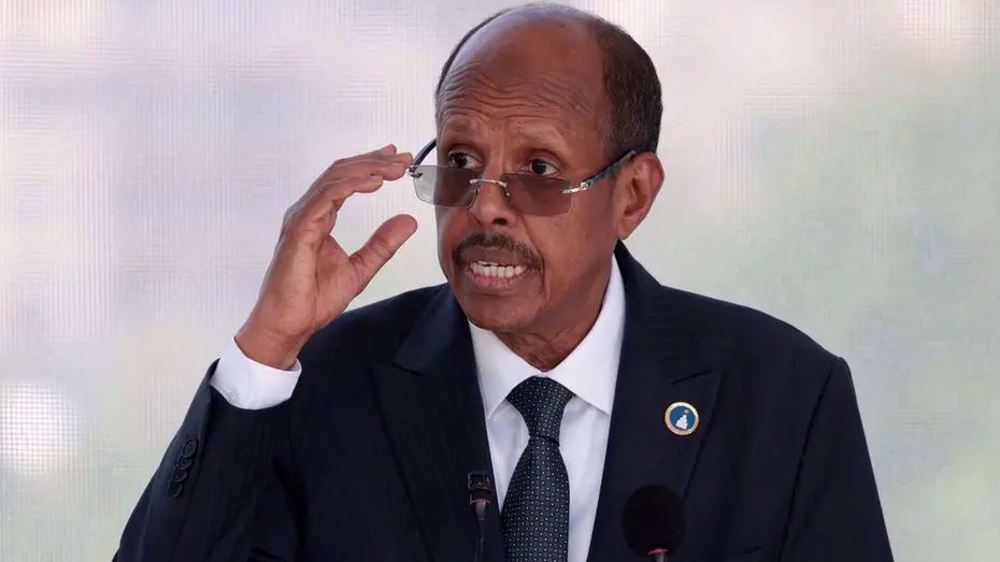





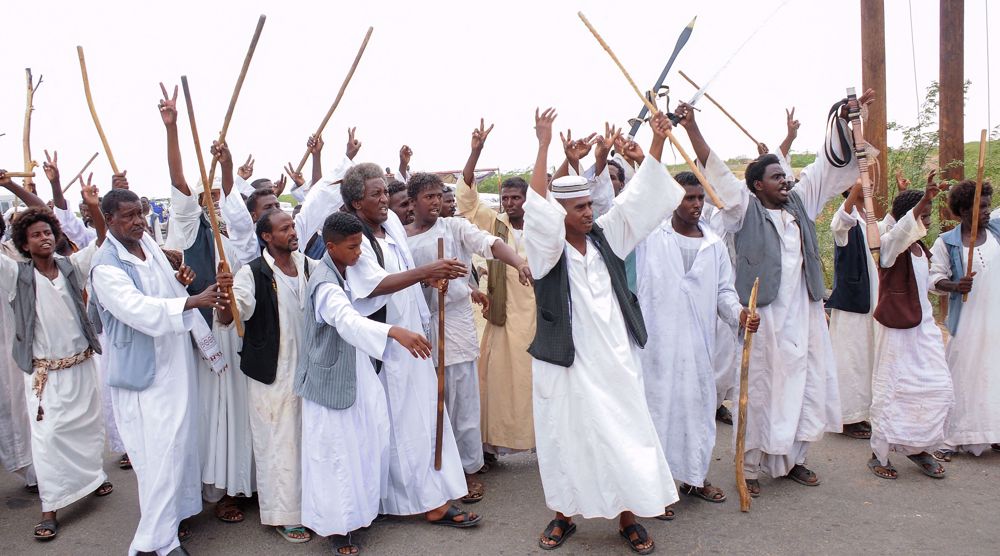
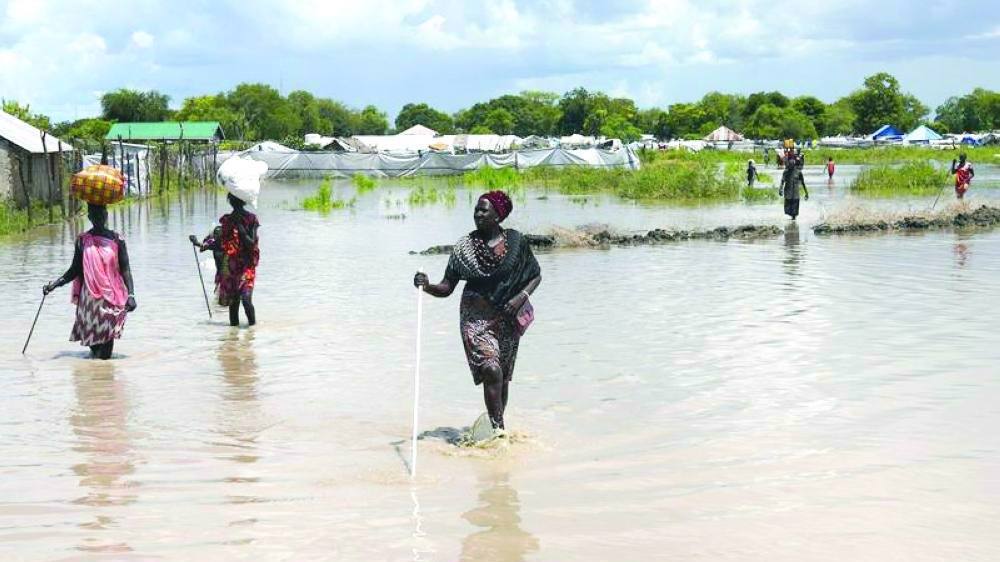
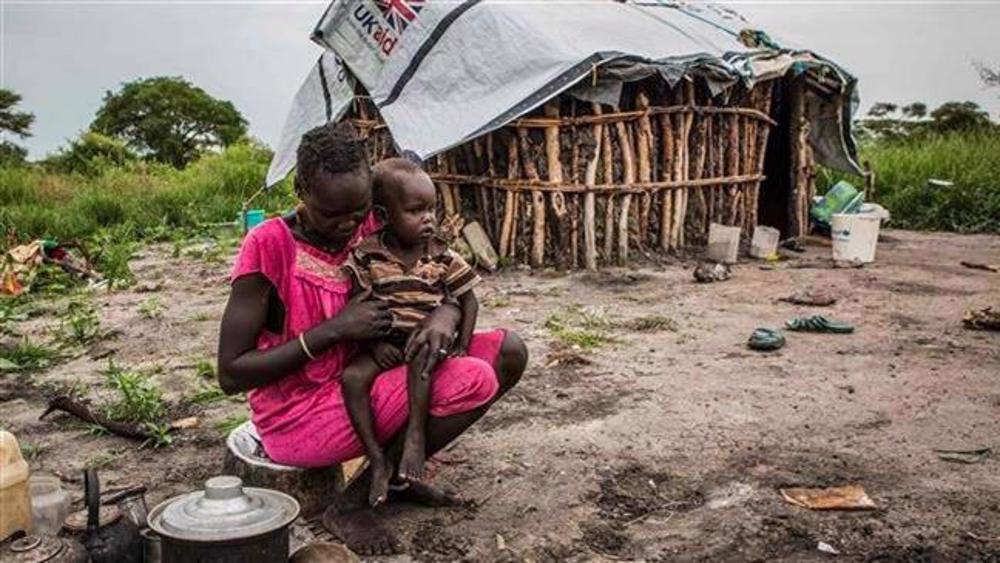
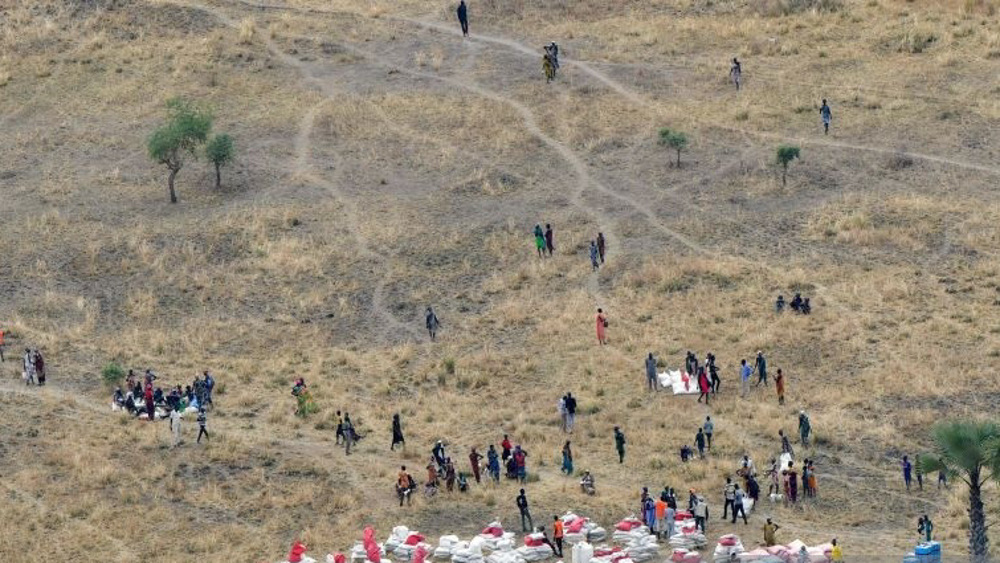
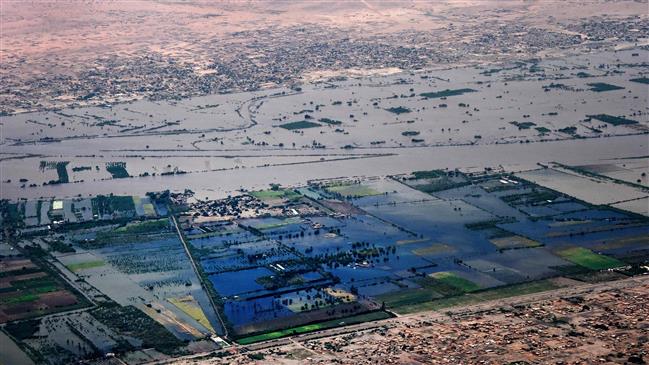

 This makes it easy to access the Press TV website
This makes it easy to access the Press TV website